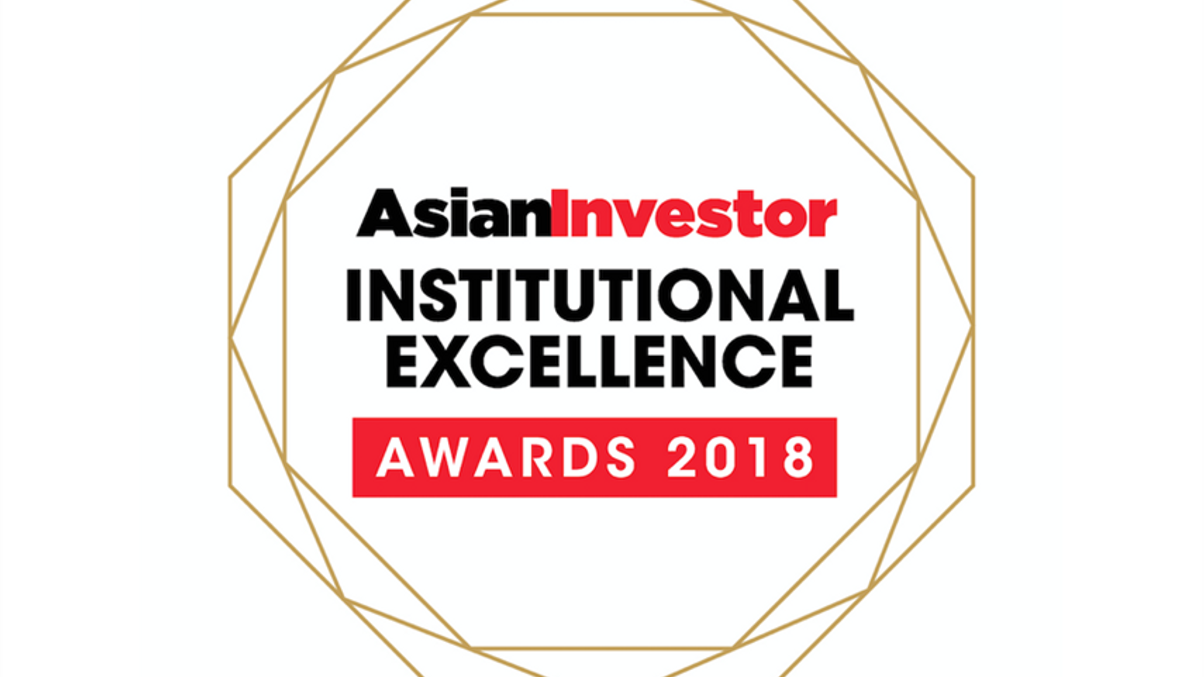award
Asia’s standout investors: Why KWAP and BLF’s Liu won
AsianInvestor details why Malaysia's KWAP stood strong for its ESG commitment, and how Liu Li-ju of Taiwan's BLF impresses for her ongoing efforts to improve its capabilities.

AsianInvestor’s annual institutional excellence awards are designed to identify, recognise and celebrate the asset owners of the region that are either best-in-class in their institutional areas or geographies, or are fast strengthening their capabilities and worthy of notice.
Sign in to read on!
Registered users get 2 free articles in 30 days.
Subscribers have full unlimited access to AsianInvestor
Not signed up? New users get 2 free articles per month, plus a 7-day unlimited free trial.
¬ Haymarket Media Limited. All rights reserved.


